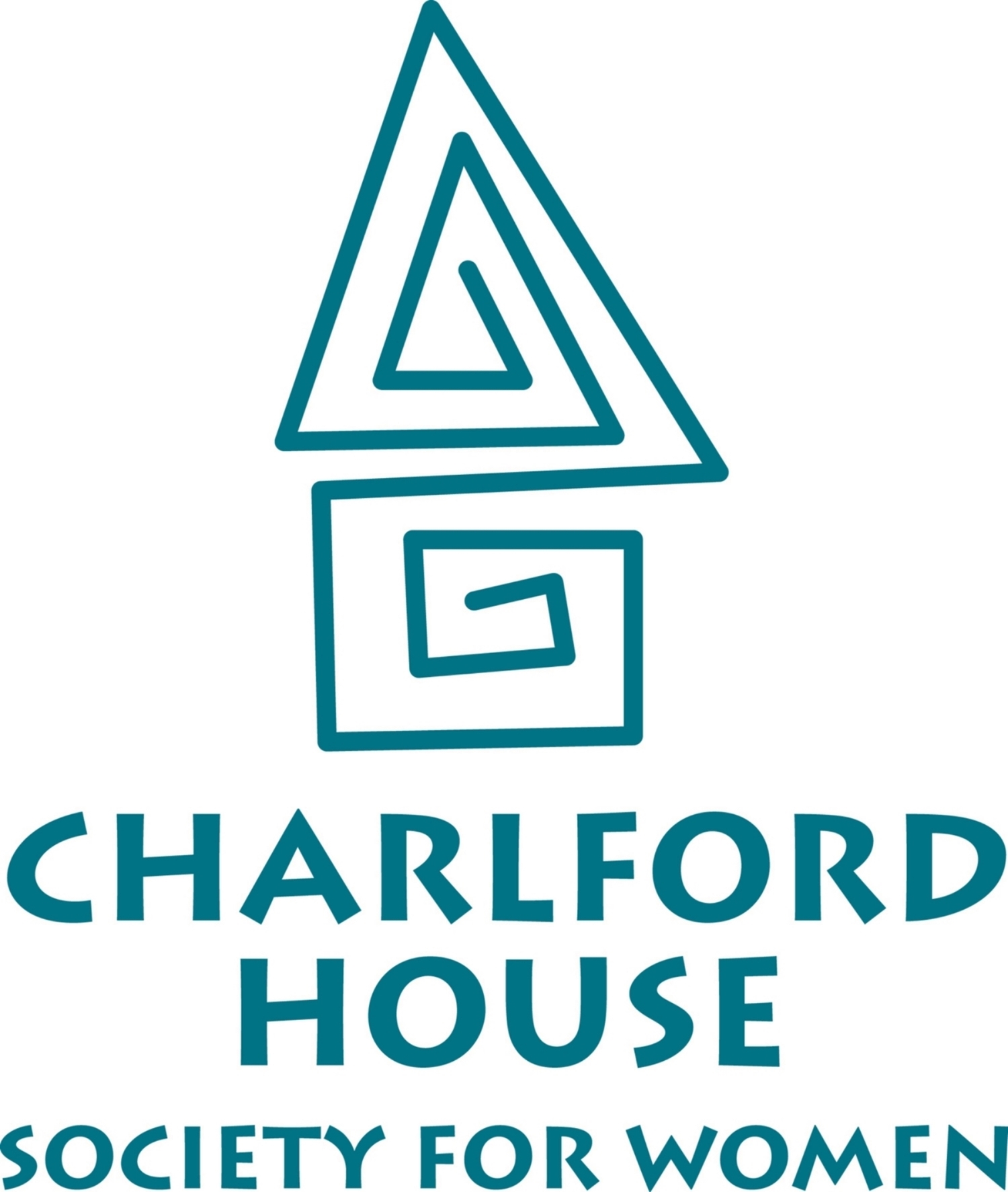Contributed by Miranda Vecchio
Protective or paranoid - or something in between?
Am I too rigid?
On the subject of privacy protection and anonymity of our women – past, present and future - I take this responsibility very seriously: I won’t allow the women in our main program or transitional housing to be photographed except for internal communications and I won’t allow use of the women’s real names when sharing written testimonies.
In the age of the “selfie” and social media madness, this is an ongoing challenge. If alumnae choose to be photographed, a waiver /photo release has to be signed so the specific intent and exposure of the individual is known and agreed to (or not) in advance.
Policy is framed to protect the organization and the women and families we serve. Our values and commitment to safeguard each individual are reflected here.
Not everyone in this line of work agrees with me. Websites, facebook posts, blogs and e-newsletters explode with pictures, videos and stories of fresh-faced, enthusiastic men and women extolling the virtues of recovery.
I understand this phenomenon; after all, I too experienced the emotionally-charged zeal that results from confronting and overcoming spiritual death. Life erupts and is never the same afterwards. Out of our desperation, a hope-filled path forward has been presented to us and naturally we want to share it with the world!
But at what cost?
Outside the “bubble” of addiction, exists the rest of the world and within that world, realities differ from our own. Our experience with recovery, no matter how amazing, was borne out of addiction. Addiction is not a good thing - now that’s an understatement!
As staff, we have a responsibility to prepare our charges for success. Women come to us as emotional infants or adult children, not necessarily capable of seeing the “big picture” as they leave “the nest”. It is up to us to anticipate potential pitfalls and caution them accordingly. Part of “real-world” success might mean shielding this part of one’s life from employers, potential employers or educational institution faculty for instance. To reveal this part of one’s life could very well mean professional suicide for some.
In contrast to this, others believe that by ”putting ourselves out there“, we are breaking down the stigma of addiction. I don’t disagree but I don’t believe in “sacrificial lambs” either. I see a difference between “exposure” vs. “exploitation”. I also know that courageously revealing one’s whole self to the world can be very empowering.
But again, at what cost?
Let me be very clear here: I am not suggesting any of my colleagues knowingly put at risk or exploit any of their respective clients. Rightly or wrongly, I just don’t feel comfortable “telling all” about our women or alumnae in the first few years of their recovery, even with their consent. I know better and realize that they are not necessarily capable of providing “informed” consent.
So I ask you, from your point of view: Am I too rigid?
Please give me your feedback. I’d like to hear all points of view.

